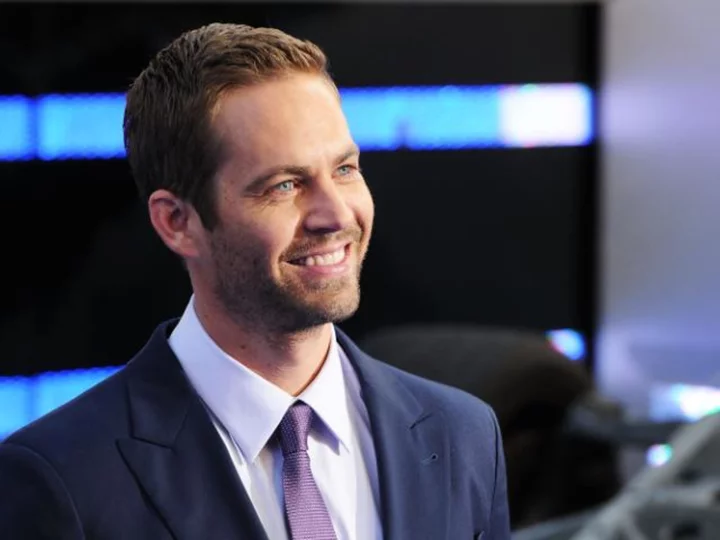Wayne Barnes, the referee for the Rugby World Cup final, thought about retiring last year due to social media abuse which threatened his family sparked by tweets made by South Africa's director of rugby Rassie Erasmus.
The 44-year-old Englishman decided not to hang up his whistle and focus on his successful legal career, and on Saturday he will take charge of what is likely to be his record-extending 111th and final Test.
It will see Barnes run the rule over Erasmus's defending champions Springboks and New Zealand with the winners lifting the Webb Ellis trophy for a record fourth time.
Erasmus's sarcastic tweets taking Barnes to task over his refereeing of France's 30-26 victory over South Africa in November last year earned him a two-match ban -- weeks after he had returned from a year-long suspension for other provocative tweets.
"I sacrifice, but it's a family sacrifice and you do think, 'I've got this other decent job to go to,'" Barnes told the podcast "The Good, The Bad and The Rugby" in December last year.
"I'm a partner at a law firm and they're keen for me to come back full-time.
"Of course you question it, and that's a constant conversation you have with your family."
His wife Polly had been threatened with "sexual violence" and she and their children also received death threats.
"I've seen some things in the last few years, but receiving direct messages from rugby 'fans' threatening to kill your kids & burn your house down with your family in it over a few on-field decisions is a new low for me, my family & a plague for our entire game," tweeted Polly.
Even the cool-headed lawyer in Barnes was shocked by the level and violence of the abuse.
"When you've done 100 games, you think you can prepare for most things," he said.
"You can't prepare for that.
"I don't mind people criticising my performance and, if they want to abuse me directly, that's their choice.
"But that wasn't just a line that was crossed. You couldn't even see the line, it had gone that far."
- 'Financial situation' -
Barnes said he did not know if Erasmus's tweets had been directly responsible but he made it clear people with senior roles had a duty to keep their opinions out of the public domain.
"What I would say is that if people see people in positions who are meant to uphold the values of our game openly criticising referees then it allows others to say, 'People in positions of power can criticise, why can't I?'" he said.
Barnes, who refereed his first match aged 15 at the school where he was to go on to become head boy, has had plenty of happy moments too.
He told Rugby World in 2018 how he and his assistants had been visited in their changing room by two players -- Donnacha Ryan of Racing 92 and then Leinster's Tadhg Furlong.
Both were laden with beers after the Irish province had beaten the French team 15-12 in the European Cup final.
"To have a winning and a losing player in our changing room speaks volumes about the game," Barnes said.
"There's a nice relationship between all of us and we all work together -– players, coaches and referees.
"We can talk about how the game is changing and advancing."
Whilst Barnes and his fellow referees are still quaintly addressed as "Sir" on the pitch he addresses the judges as "M'Lud".
Barnes at one point gave up on his legal career to focus on refereeing.
"It was inevitable because of the financial situation. I was taking a great deal of time off from my work as a criminal law barrister, and being self-employed, something had to give," he told rugby365.com in 2007.
However, he managed in the end to find a balance and he sees both serving each other.
"As a barrister you have to be able to pick out key facts, whether prosecuting or defending," he said.
"It's attention to detail and picking out the relevant facts -– that's transferable.
"Analysing legal text is part of both jobs -– knowing the law."
pi/gj









